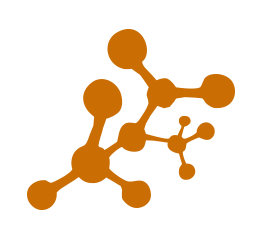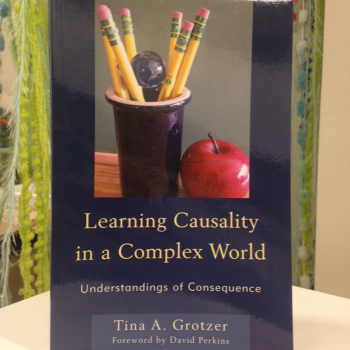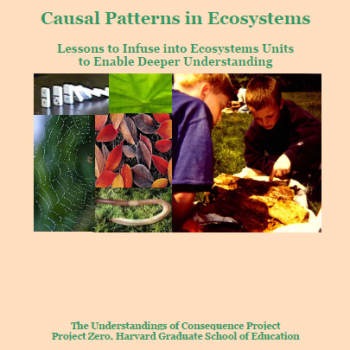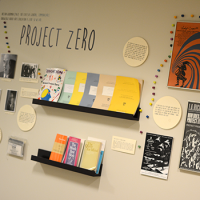

Science Learning
What is the nature of science? How can forms of reasoning in science offer leverage in understanding the world in which we live? What cognitive challenges do we need to overcome in order to develop deep and scientific views of the world? These and related questions have motivated researchers at Project Zero as they have pursued research on science learning that applies across a range of ages and that has resulted in tangible products to help educators teach scientific ideas. Increasingly, this work has focused on understanding in a complex and global world and aims to leave the world a better place for future generations.






-
-
-
-
-
-
Support PZ's Reach